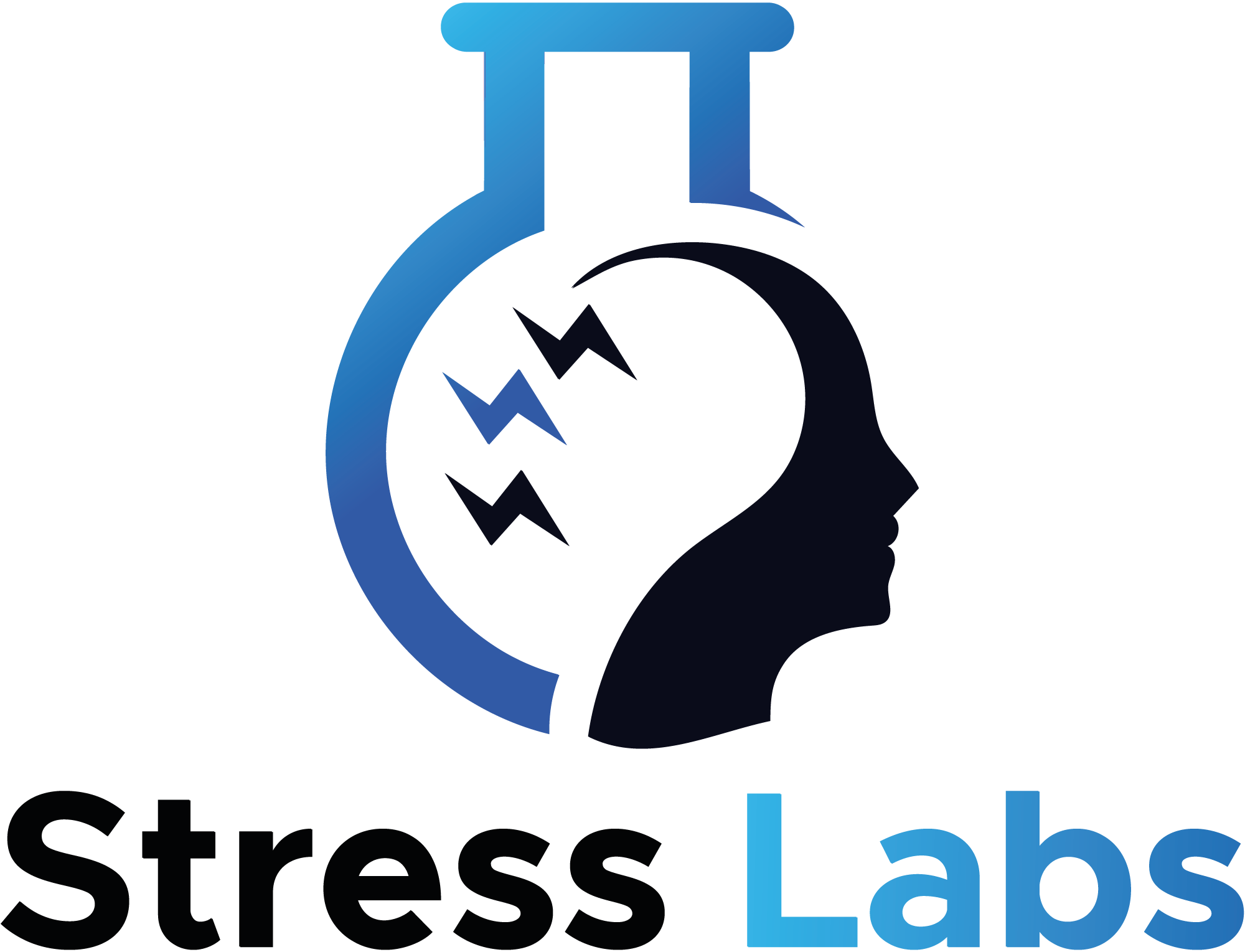Preventing Stress With Meditation & Breathing
Meditation and breathing techniques can be effective in reducing stress and promoting relaxation. Some of the best techniques include:
- Deep breathing: This involves taking slow, deep breaths in through the nose and out through the mouth. This can help to lower heart rate and blood pressure, and promote relaxation.
- Progressive muscle relaxation: This involves tensing and relaxing each muscle group in the body, starting with the toes and working up to the head. This can help to reduce tension and promote relaxation.
- Guided imagery: This involves using visualization and imagination to create a calming mental image or scenario. This can help to distract the mind and promote relaxation.
- Mindfulness meditation: This involves focusing on the present moment and being aware of your thoughts and feelings without judgment. This can help to reduce stress and improve overall well-being.
- Loving-kindness meditation: This involves focusing on feelings of love and compassion and directing them towards oneself and others. This can help to reduce stress and improve overall well-being.
It is important to find a technique that works for you and to practice regularly for the best results. It may also be helpful to try different techniques to see which ones are most effective for reducing stress.
Preventing Stress With Physical Exercise
Physical exercise has numerous benefits for both physical and mental health. It can help to prevent stress and improve mental health in a number of ways.
One of the primary ways that physical exercise prevents stress is by reducing the levels of stress hormones in the body, such as cortisol. Exercise has been shown to lower cortisol levels, which can help to reduce feelings of stress and anxiety.
In addition to reducing stress hormones, physical exercise has been shown to increase the production of endorphins, which are chemicals in the brain that promote feelings of happiness and well-being. This can help to improve mood and reduce stress.
Physical exercise can also help to reduce symptoms of depression and improve overall mental health. It has been shown to be an effective treatment for depression, particularly when combined with other therapies such as therapy, herbs, or medication.
Exercise can also help to improve sleep quality, which is important for overall well-being. Poor sleep can contribute to stress and other mental health problems, so improving sleep quality through exercise can help to reduce stress and improve overall mental health.
Physical exercise can also help to improve self-esteem and body image, which can contribute to a sense of overall well-being and reduce stress.
Overall, physical exercise is an important component of maintaining good mental health and preventing stress. It can help to reduce stress hormones, improve mood, reduce symptoms of depression, improve sleep quality, and improve self-esteem, all of which contribute to a sense of overall well-being.

